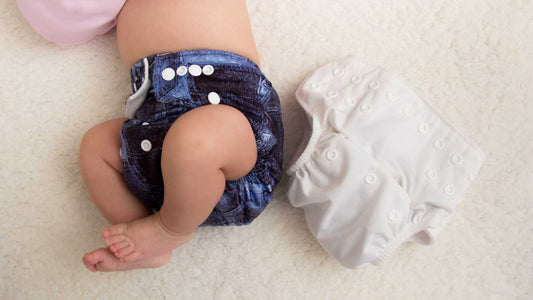
Infantile dyschezia, also known as intestinal-pelvic floor dysfunction, is an unpleasant and sometimes painful condition that can occur in young children. Although there is no known cause of infantile dyschezia, there are a number of factors that can increase the risk of dysfunction, such as constipation and prolonged bowel movements.
Symptoms of infantile dyschezia
Symptoms of infantile dyschezia can vary from child to child, but the most common signs are:
- Pain or discomfort during bowel movements
- Frequent bowel movements
- Delayed or difficult defecation
- Blood in the stool
- Signs of pain or discomfort when the child tries to have a bowel movement
Diagnosis of infantile dyschezia
If parents suspect that their child has infantile dyschezia, it is important to see a pediatrician for an accurate diagnosis. The doctor will examine the child thoroughly and ask questions about the child's symptoms and behavior to determine whether there is intestinal-pelvic floor dysfunction.
In some cases, it may be necessary to perform further tests, such as an X-ray or colonoscopy, to determine the cause of the dysfunction.
Treatment of infantile dyschezia
Fortunately, there are a number of treatment options for children with infantile dyschezia. First, the doctor may recommend changing the child's diet to improve digestion and prevent constipation. This can be done by adding fiber to the child's diet or by using laxatives.
In more serious cases, it may be necessary to perform surgery to treat intestinal-pelvic floor dysfunction. The type of operation required depends on the cause of the malfunction.
Prevention of infantile dyschezia
Although the exact causes of infantile dyschezia are not known, there are some steps parents can take to minimize the risk. This includes regular exercise and sport, a balanced diet, avoiding constipation and using soft toilet paper. Parents should also make sure that children drink enough and go to the toilet regularly. In severe cases, medical treatment may be necessary. It is important that parents speak to a pediatrician early if they have concerns about their child's constipation to ensure timely diagnosis and treatment.





